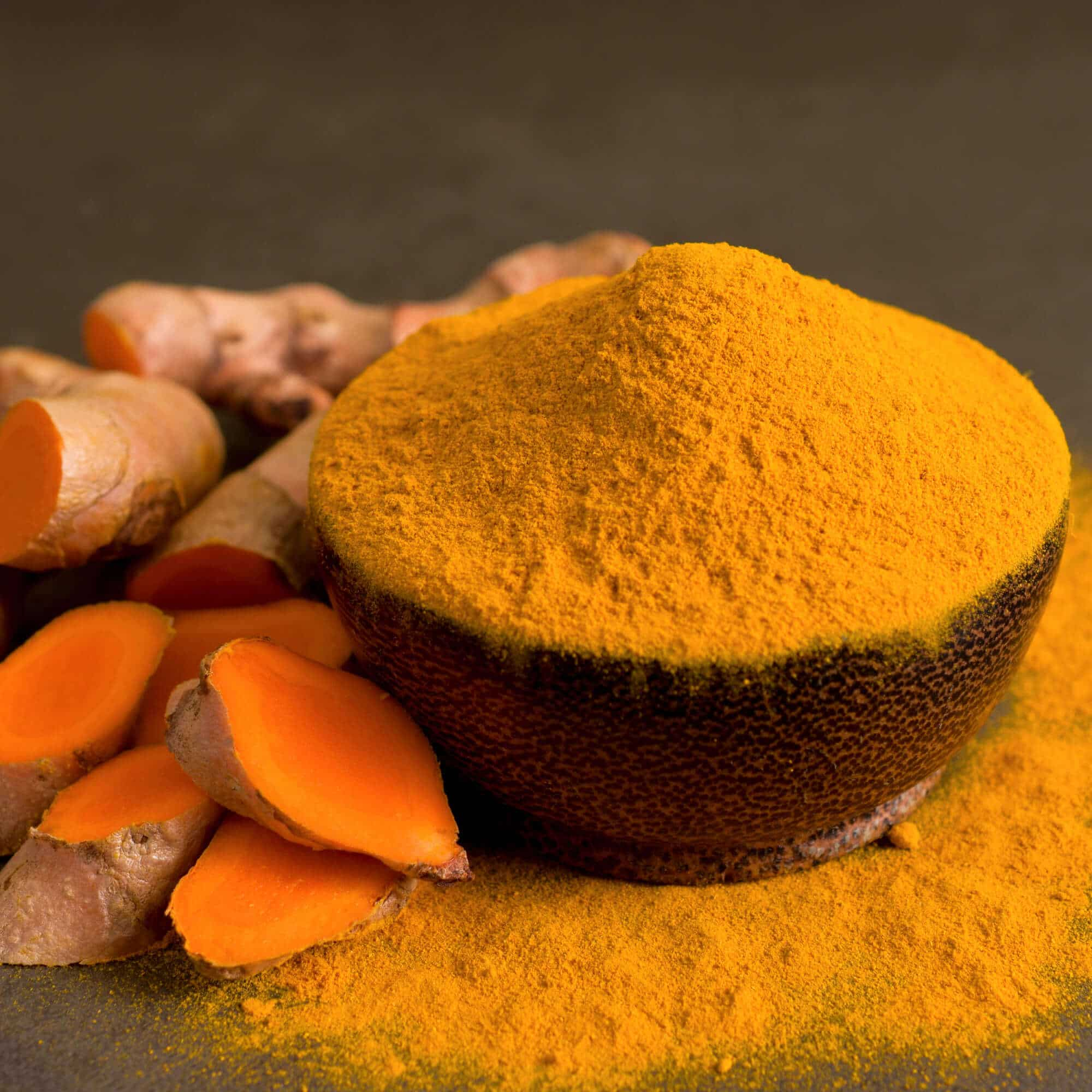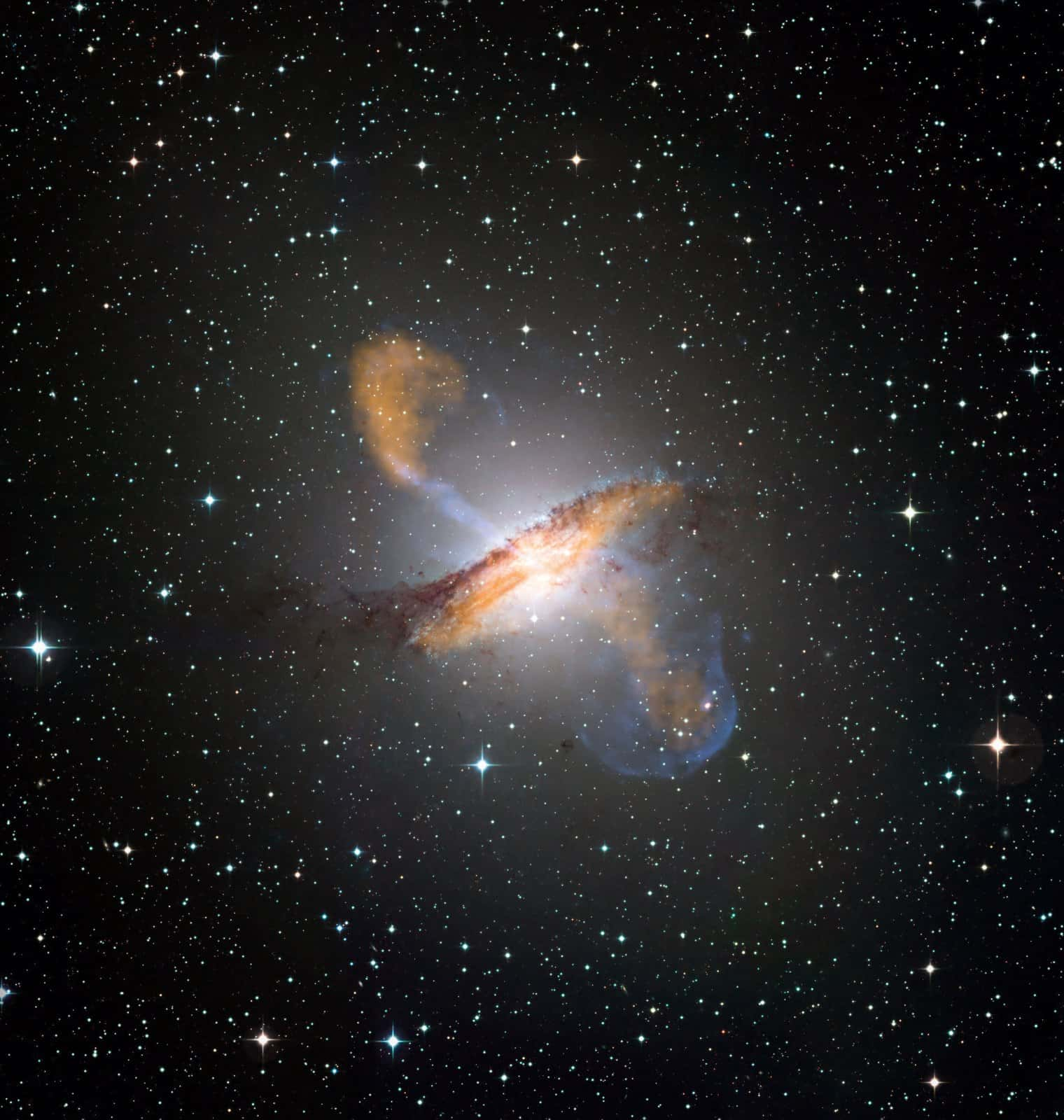India have participated in 14 of the 18 editions, the first time being in London, 1934 when it was known as the British Empire Games.
The Commonwealth Games may not have as rich a sporting history as the Olympics but over the years, the event has grown in stature from just being a sporting extravaganza for British colonies by throwing up some world-class athletes.
India have participated in 14 of the 18 editions, the first time being in London, 1934 when it was known as the British Empire Games.
Rashid Anwar went into the record books helping India open its account when the welterweight wrestler won a bronze medal in the second edition in 1934 where the country took part as a British Colony.
The first ever gold medal for India was won by 'Flying Sikh' Milkha Singh who won the 440 yards track event in the sixth edition of the Games in 1958 in Cadriff.
Till then, the 1958 Games was India's best ever as the country went on to win a second gold, courtesy cyclist Norman Sheil in Individual Pursuit, and a silver through grappler Lachmi Kant Pandey in the welterweight category.
New Delhi won the right to host the 2010 Games by defeating the Canadian city of Hamilton by 46 votes to 22 at the CGF General Assembly held in Montego Bay in November 2003.
This will be the first time India will host the Games and only the second time the event will held in Asia after the 1998 Kuala Lumpur edition.
The event was first held in 1930 under the title of the British Empire Games in Hamilton, Canada.
The extravaganza was renamed as the British Empire and Commonwealth Games in 1954, the British Commonwealth Games in 1970, and was given its current title in 1978.
Having started off in 1934 with just one bronze medal, India have come a long way winning a total of 271 medals --102 gold, 97 silver and 72 bronze medals -- in the 14 of the 18 editions that they competed in.
India finished fourth in the medal tables of the last two editions. In fact, the country's campaign in Manchester, 2002 was its best ever with 69 medals, 30 of them gold, courtesy a power-packed show by the shooters, weightlifters and wrestlers.
Shooters won 14 gold medals, weightlifters 11 and wrestlers three, pugilist Mohammad Ali Qamar won gold and the women's hockey team clinched the team gold medal to make it 30, making it the best in terms of medals tally.
Not as impressive as the 2002 edition, India still managed to score a half-century of medals and finish fourth in the previous edition in Melbourne.
Of the 22 gold medals, shooters led the table with 16. India also won seven silver and four bronze medals.
Paddler Achanta Sharath Kamal clinched a gold, while India also won gold in table tennis men's team event and bronze in women's event.
In weightlifting, India won three gold, five silver and a bronze.
It was also the first time boxer Akhil Kumar rose to prominence by clinching a gold in the bantamweight category while Vijender Singh and Harpreet Singh won silver medals in welterweight and heavyweight categories respectively.
Two bronze medals were won by Jitender Kumar and Varghese Johnson.
India won 25 medals and finished seventh with a 7-10-8 gold-silver-bronze account at the Kuala Lumpur Games in 1998 with Indian shooters and weightlifters gathering most of the medals.
Jaspal Rana, Ashok Pandit, Mansher Singh and Manavnit Singh Sandhu, Roopa Unnikrishnan won four gold medals for India in various shooting events.
Lifters Dharamraj Wilson, Arumugam K Pandian and Satheesha Rai won the remaining three gold medals.
India won other medals in boxing, badminton, shooting and weightlifting.
In the 1994 edition in Victoria, shooters and weightlifters helped India win a total of six gold medals.
Jaspal Rana won two of them in pistol events, while Mansher Singh clinched the gold in the trap event.
Weightlifter Badathala Adisekhar got two gold medals in various events while Murgesan Veerasamy won the sixth gold for India.
In total, India had won 25 medals, including 12 silver and seven bronze as they finished sixth.
Pipped by New Zealand in the bid to host the 1990 edition, India did not let this affect their performance as they came fifth in Auckland with 13-8-11 gold-silver-bronze count.
Weightlifters had won 12 of the 13 gold medals.
India boycotted the 1986 edition in Edinburgh, supporting a large number of African, Asian and Caribbean countries in protesting against the then British Prime Minister Margaret Thatcher's stand on the country's sporting relations with South Africa.
India also did not take part in the Games held in 1930, 1950 and 1962.
Having gained Independence in 1947 after a prolonged struggle, India skipped the Games in 1950.
A month after the war aginst China ended, the seventh Games began in Perth in 1962, as India gave it a miss.
India drew a blank in the Games held in Sydney, 1938 and Vancouver, 1954.
India finished ninth in the 1966 Games held in Kingston with 10 medals (3-4-3). The wrestlers won the three gold medals, two silver and two bronze medals in various categories.
At the Edinburgh Games in 1970, India finished sixth with 12 medals (5-3-4) and nine of them were won by the wrestlers in various categories.
Wrestlers continued with their fine form as India finished sixth with 15 medals (4-8-3) at the 1974 edition in Christchurch.
From 1978 in Edmonton, it came to be known as the Commonwealth Games as India clinched 15 medals (5-5-5) to finish sixth.
Once again, wrestlers won most of the medals -- nine --that included a hattrick of gold by Ashok Kumar.
In Brisbane in 1982, India won 16 (5-8-8) to finish sixth.
Having started off in 1930 in Hamilton, Canada, where 11 countries sent 400 athletes to take part in six sports and 59 events, the Commonwealth Games have come a long way as the 19th edition in New Delhi is set to be the biggest ever.
According to an estimate, the Games cost is more than a whopping Rs70,000 crore (USD 15.47 billion), making the 2010 Commonwealth Games the most expensive ever.
In terms of participation, more than 6,700 athletes and officials from across 71 Commonwealth nations have confirmed that they will be attending the mega sporting event thus surpassing Melbourne that hosted it in 2006.
4,049 athletes had competed in the Melbourne Commonwealth Games.
It was Reverend Astley Cooper, who for the first time proposed for a common platform of sports for the members belonging to the British Empire with an aim to increase better understanding and goodwill among them.
The idea for organising Commonwealth Games took shape during the Olympic Games of 1928 as Canada got the rights of the meet then known as the British Empire Games.
![submenu-img]() Mukesh Ambani’s daughter Isha Ambani’s firm launches new brand, Reliance’s Rs 8200000000000 company to…
Mukesh Ambani’s daughter Isha Ambani’s firm launches new brand, Reliance’s Rs 8200000000000 company to…![submenu-img]() Sonali Bendre says producers called her 'too thin', tried to ‘fatten her up' during the 90s: ‘They'd just tell me...'
Sonali Bendre says producers called her 'too thin', tried to ‘fatten her up' during the 90s: ‘They'd just tell me...'![submenu-img]() Heavy rains in UAE again: Dubai flights cancelled, schools and offices shut
Heavy rains in UAE again: Dubai flights cancelled, schools and offices shut![submenu-img]() When 3 Bollywood films with same story released together, two even had same hero, all were hits, one launched star kid
When 3 Bollywood films with same story released together, two even had same hero, all were hits, one launched star kid![submenu-img]() Gautam Adani’s firm gets Rs 33350000000 from five banks, to use money for…
Gautam Adani’s firm gets Rs 33350000000 from five banks, to use money for…![submenu-img]() DNA Verified: Is CAA an anti-Muslim law? Centre terms news report as 'misleading'
DNA Verified: Is CAA an anti-Muslim law? Centre terms news report as 'misleading'![submenu-img]() DNA Verified: Lok Sabha Elections 2024 to be held on April 19? Know truth behind viral message
DNA Verified: Lok Sabha Elections 2024 to be held on April 19? Know truth behind viral message![submenu-img]() DNA Verified: Modi govt giving students free laptops under 'One Student One Laptop' scheme? Know truth here
DNA Verified: Modi govt giving students free laptops under 'One Student One Laptop' scheme? Know truth here![submenu-img]() DNA Verified: Shah Rukh Khan denies reports of his role in release of India's naval officers from Qatar
DNA Verified: Shah Rukh Khan denies reports of his role in release of India's naval officers from Qatar![submenu-img]() DNA Verified: Is govt providing Rs 1.6 lakh benefit to girls under PM Ladli Laxmi Yojana? Know truth
DNA Verified: Is govt providing Rs 1.6 lakh benefit to girls under PM Ladli Laxmi Yojana? Know truth![submenu-img]() Remember Ayesha Kapur? Michelle from Black, here's how actress, nutrition coach, entrepreneur looks after 19 years
Remember Ayesha Kapur? Michelle from Black, here's how actress, nutrition coach, entrepreneur looks after 19 years![submenu-img]() Remember Heyy Babyy's cute 'Angel' Juanna Sanghvi? 20 year-old looks unrecognisable now, fans say 'her comeback will...'
Remember Heyy Babyy's cute 'Angel' Juanna Sanghvi? 20 year-old looks unrecognisable now, fans say 'her comeback will...'![submenu-img]() In pics: Arti Singh stuns in red lehenga as she ties the knot with beau Dipak Chauhan in dreamy wedding
In pics: Arti Singh stuns in red lehenga as she ties the knot with beau Dipak Chauhan in dreamy wedding![submenu-img]() Actors who died due to cosmetic surgeries
Actors who died due to cosmetic surgeries![submenu-img]() See inside pics: Malayalam star Aparna Das' dreamy wedding with Manjummel Boys actor Deepak Parambol
See inside pics: Malayalam star Aparna Das' dreamy wedding with Manjummel Boys actor Deepak Parambol ![submenu-img]() DNA Explainer: Why Harvey Weinstein's rape conviction was overturned, will beleaguered Hollywood mogul get out of jail?
DNA Explainer: Why Harvey Weinstein's rape conviction was overturned, will beleaguered Hollywood mogul get out of jail?![submenu-img]() What is inheritance tax?
What is inheritance tax?![submenu-img]() DNA Explainer: What is cloud seeding which is blamed for wreaking havoc in Dubai?
DNA Explainer: What is cloud seeding which is blamed for wreaking havoc in Dubai?![submenu-img]() DNA Explainer: What is Israel's Arrow-3 defence system used to intercept Iran's missile attack?
DNA Explainer: What is Israel's Arrow-3 defence system used to intercept Iran's missile attack?![submenu-img]() DNA Explainer: How Iranian projectiles failed to breach iron-clad Israeli air defence
DNA Explainer: How Iranian projectiles failed to breach iron-clad Israeli air defence![submenu-img]() Sonali Bendre says producers called her 'too thin', tried to ‘fatten her up' during the 90s: ‘They'd just tell me...'
Sonali Bendre says producers called her 'too thin', tried to ‘fatten her up' during the 90s: ‘They'd just tell me...'![submenu-img]() When 3 Bollywood films with same story released together, two even had same hero, all were hits, one launched star kid
When 3 Bollywood films with same story released together, two even had same hero, all were hits, one launched star kid![submenu-img]() Salman Khan house firing case: Family of deceased accused claims police 'murdered' him, says ‘He was not the kind…’
Salman Khan house firing case: Family of deceased accused claims police 'murdered' him, says ‘He was not the kind…’![submenu-img]() Meet actor banned by entire Bollywood, was sent to jail for years, fought cancer, earned Rs 3000 crore on comeback
Meet actor banned by entire Bollywood, was sent to jail for years, fought cancer, earned Rs 3000 crore on comeback ![submenu-img]() Karan Johar wants to ‘disinherit’ son Yash after his ‘you don’t deserve anything’ remark: ‘Roohi will…’
Karan Johar wants to ‘disinherit’ son Yash after his ‘you don’t deserve anything’ remark: ‘Roohi will…’![submenu-img]() IPL 2024: Bhuvneshwar Kumar's last ball wicket power SRH to 1-run win against RR
IPL 2024: Bhuvneshwar Kumar's last ball wicket power SRH to 1-run win against RR![submenu-img]() BCCI reacts to Rinku Singh’s exclusion from India T20 World Cup 2024 squad, says ‘he has done…’
BCCI reacts to Rinku Singh’s exclusion from India T20 World Cup 2024 squad, says ‘he has done…’![submenu-img]() MI vs KKR, IPL 2024: Predicted playing XI, live streaming details, weather and pitch report
MI vs KKR, IPL 2024: Predicted playing XI, live streaming details, weather and pitch report![submenu-img]() IPL 2024: How can RCB and MI still qualify for playoffs?
IPL 2024: How can RCB and MI still qualify for playoffs?![submenu-img]() MI vs KKR IPL 2024 Dream11 prediction: Fantasy cricket tips for Mumbai Indians vs Kolkata Knight Riders
MI vs KKR IPL 2024 Dream11 prediction: Fantasy cricket tips for Mumbai Indians vs Kolkata Knight Riders ![submenu-img]() '25 virgin girls' are part of Kim Jong un's 'pleasure squad', some for sex, some for dancing, some for...
'25 virgin girls' are part of Kim Jong un's 'pleasure squad', some for sex, some for dancing, some for...![submenu-img]() Man dances with horse carrying groom in viral video, internet loves it
Man dances with horse carrying groom in viral video, internet loves it ![submenu-img]() Viral video: 78-year-old man's heartwarming surprise for wife sparks tears of joy
Viral video: 78-year-old man's heartwarming surprise for wife sparks tears of joy![submenu-img]() Man offers water to thirsty camel in scorching desert, viral video wins hearts
Man offers water to thirsty camel in scorching desert, viral video wins hearts![submenu-img]() Pakistani groom gifts framed picture of former PM Imran Khan to bride, her reaction is now a viral video
Pakistani groom gifts framed picture of former PM Imran Khan to bride, her reaction is now a viral video
















































)
)
)
)
)
)